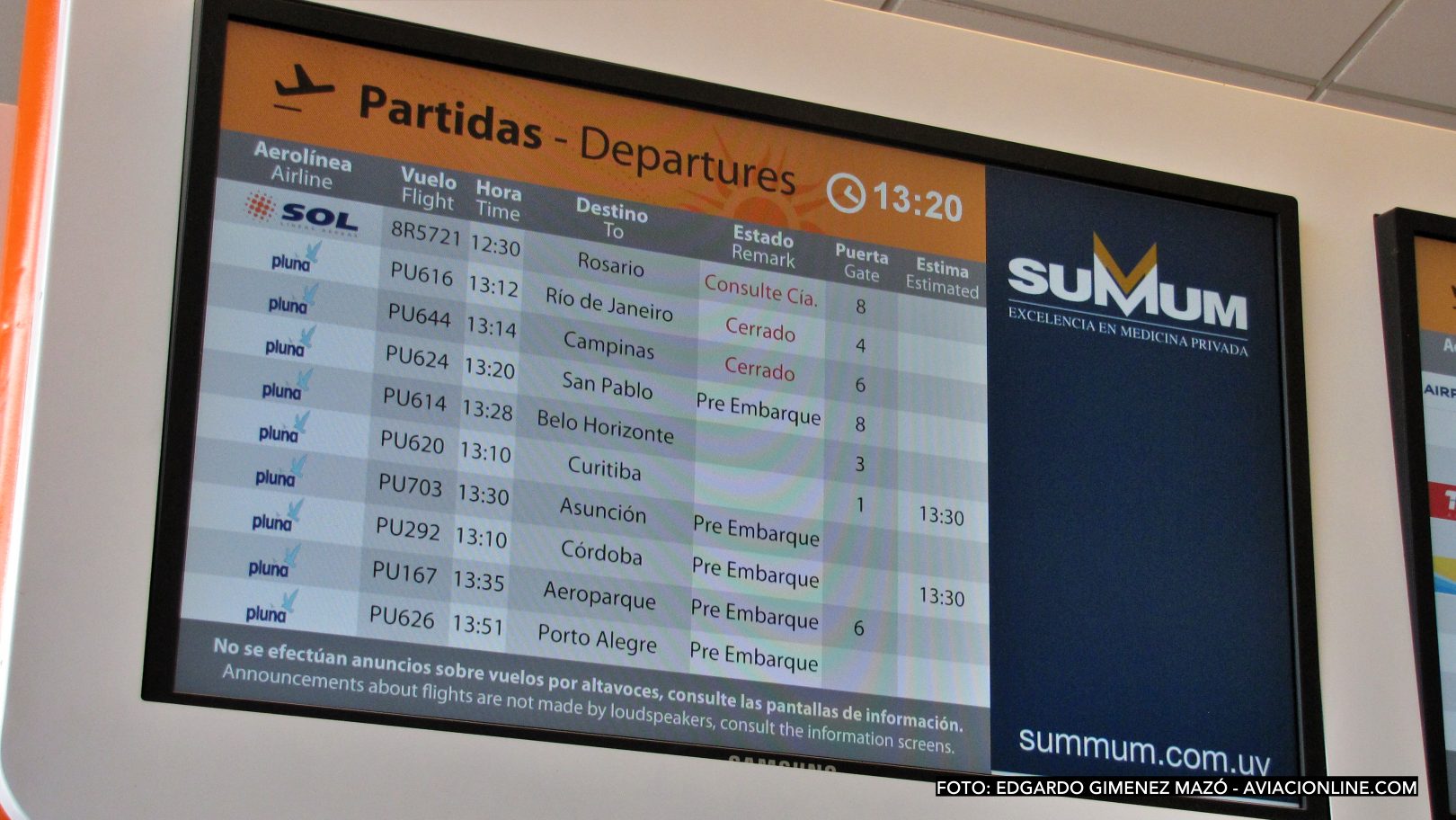However, in 2012, the Mujica administration, citing alleged mismanagement by Leadgate executives (claims that never progressed in court), proceeded to nationalize 100% of Pluna. The airline was subsequently liquidated, and a new company, Alas Uruguay, was created, operating only between 2015 and 2016.
PLUNA Airlines Arbitration Fallout: Uruguay’s Assets Targeted In Luxembourg
The Latin America Regional Aviation Holding (LARAH) has intensified its legal dispute with Uruguay following the country’s failure to comply with the arbitral award related to the closure of Pluna. According to El Observador newspaper from Montevideo, the company initiated international judicial enforcement of the award on November 15 and seized bank accounts and assets belonging to the Uruguayan state in Luxembourg.
A Final and Binding Arbitration Award
In February 2024, an international arbitral tribunal ruled that Uruguay had «violated» its international commitments in 2012 by shutting down Pluna, describing the country’s actions as «irrational, contradictory, and idiosyncratic, contrary to principles of reasonableness, transparency, and justice.» The award ordered Uruguay to pay $56.5 million to LARAH.
Uruguay did not appeal the ruling, rendering it «final and binding» in June 2024. Since then, LARAH has repeatedly requested payment, which has now increased to $61.1 million with accrued interest, according to company sources cited by El Observador in Montevideo.
Due to Uruguay’s non-compliance, LARAH proceeded to seize assets in Luxembourg, a key market where Uruguay’s international bonds are traded. The measure aims to secure the debt collection while judicial enforcement continues in other jurisdictions, including the United States. Sources cited by El Observador reported that interest on the award continues to accumulate at a rate of approximately $500,000 per month.
The Pluna case continues to generate international repercussions for Uruguay, both financially and reputationally. LARAH stated that it will persist in its legal actions until the full amount determined by the arbitral tribunal is paid. Meanwhile, the ongoing seizures and legal proceedings could impact Uruguay’s standing in international markets, given the importance of its sovereign bonds in Luxembourg.
The lawsuit was filed in 2019 by Caballero Verde, a Panamanian holding company that acquired Latin America Regional Aviation Holding (LARAH). LARAH had owned 75% of Pluna through Leadgate Investment at the time of the airline’s closure. The claim argued that Uruguay’s decision to nationalize and liquidate Pluna harmed the investors’ interests and was not the result of any irregular actions by the shareholders, despite such allegations by officials in the administration of then-President José «Pepe» Mujica. Critics have pointed to the Mujica administration as bearing political responsibility for the airline’s closure, allegedly favoring other interests.
Since Leadgate took over Pluna in 2007—after the airline’s tumultuous privatization and failed management under VARIG—the company embarked on a modernization process. This included transitioning to a low-cost model, adding up to 13 CRJ-900 aircraft, and establishing a hub at Carrasco Airport to connect cities across the Southern Cone such as Buenos Aires, Campinas, Córdoba, Florianópolis, Foz do Iguaçu, Santiago de Chile, Asunción, Belo Horizonte, Curitiba, Brasília, and Porto Alegre. This strategy led to record-breaking passenger traffic and operational performance never before seen in Uruguay.


/https://aviacionlinecdn.eleco.com.ar/media/2024/02/PLUNA-CRJ-MONTEVIDEO-URUGUAY.jpg)
Para comentar, debés estar registradoPor favor, iniciá sesión